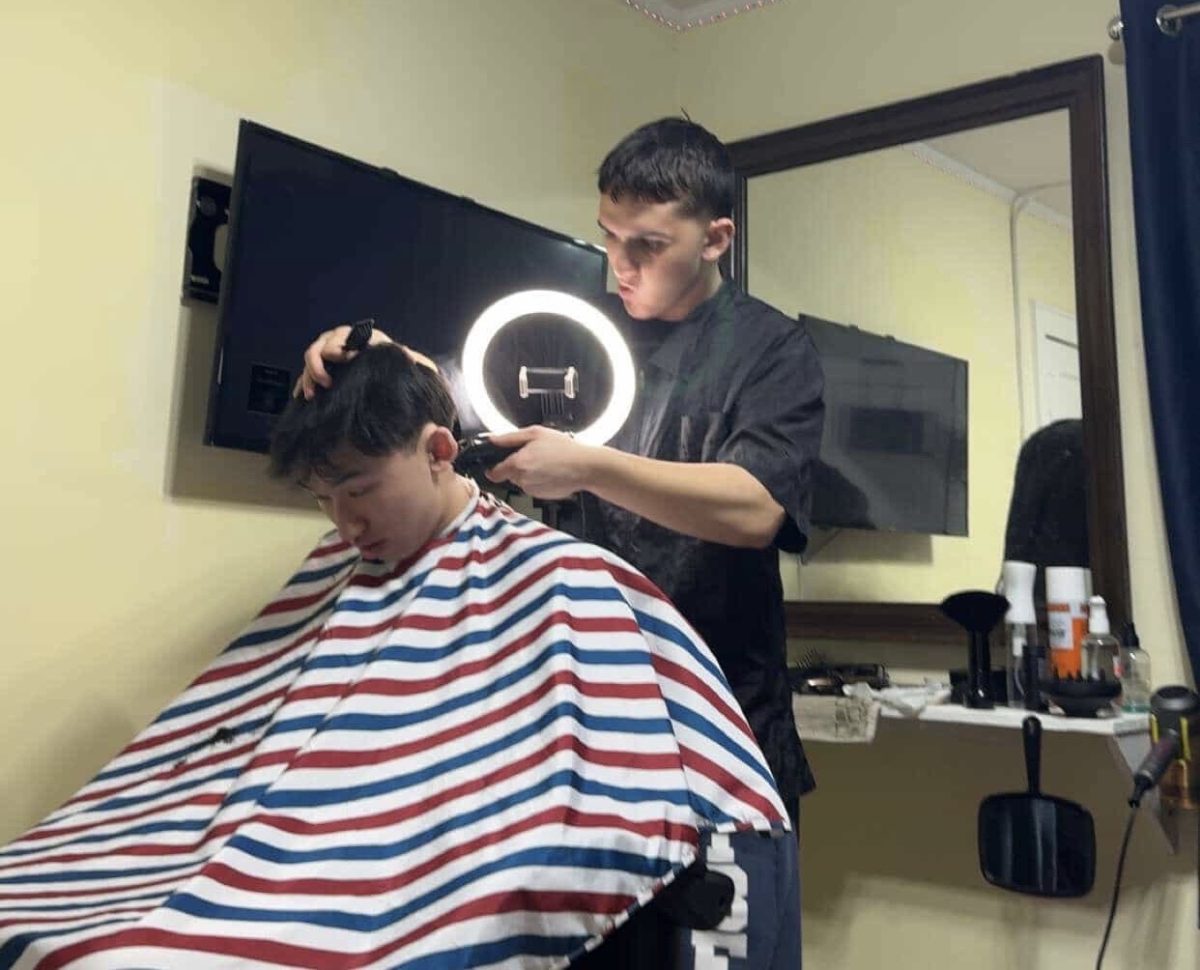By David Wang
Ethan Wang is no stranger to cancer. When his great-aunt battled colon (colorectal) cancer, he remembered how horrifying the experience was—needing to buy expensive medicines from foreign countries, watching hair fall out, and seeing a bedridden loved one suffer, drained of energy.
He spent the summer of 2018 at SUNY Old Westbury’s Neuroscience Research Institute, hoping to find a cheap and effective cure for colon cancer. Under the guidance of Professor Wei Zhu, he investigated chemotherapeutic use of the chemical compounds artemisinin and mefloquine. Traditionally, mefloquine and artemisinin were used as antimalarial drugs, but Wang observed that they could also be used to control the spread of colon cancer—“mefloquine and artemisinin affect cancer cell proliferation, metastasis, signaling pathways, and drug resistance…[and] observed how they were able to synergistically target complications within colorectal cancer.”
As summer came to a close, many of the 1,818 prospective Regeneron applicants began to work on summarizing their data and explaining the results of their research. They hurriedly gathered manuscripts, research reports, abstracts, consent forms, grade transcripts, letters of recommendation—all of which were to be handed in by November 14. In the weeks leading up to the deadline, Wang remembers the mounting tension on the prospective applicants and teachers. “We were all sitting in the little nook right outside the research room, hunched over our laptops as we finalized our manuscripts,” he fondly recalls. “I remember Ms. Spinelli being super tense, operating on just an hour of sleep as she tabbed between our papers making comments.”
The Society for Science & the Public launched its first Science Talent Search (STS) competition in 1942 under its original name, the Westinghouse STS, which started as a research-based competition for high school seniors. When Intel became the sponsor in 1998, the competition was renamed to Intel STS. Regeneron Biopharmaceuticals became the sponsor in 2016, and the competition has since been referred to as the Regeneron STS. The competition is known particularly for its holistic approach in considering applicants. Regeneron STS judges look at factors like individual academic merit and extracurricular activities, as opposed to other science research competitions, which are strictly research-based.
Today, the Regeneron Science Talent Search is accredited as one of the nation’s “oldest and most prestigious high school science competitions.” George H.W. Bush gave a speech to Intel STS finalists in 1991, describing the competition as “the Super Bowl of science.” Many Science Talent Search finalists and scholars have gone on to receive Nobel Prizes and National Medals of Science, proving themselves as pioneers in their scientific fields.
Among these 1,818 applicants, approximately 300 are chosen as semi-finalists, or more specifically, “scholars.” Each Scholar receives a $2,000 scholarship, and schools receive $2,000 in funding per scholar. Of 300 Scholars, 40 finalists are chosen. They will compete in Washington, D.C. in March and will “undergo a scrupulous judging process” with awards totaling over $1.8 million.
It was announced that Wang had been chosen as a Regeneron Scholar in early January 2019.
When reflecting on his advancement to the next stage of the competition, Wang believes he has found more profound meaning in his research than winning. His favorite element of the research experience? “Probably the people. I’ve met a lot of brilliant students at my lab, many people I have inspired and been inspired by.” Looking back, the research experience has brought immense gratification to him—fulfilling his curiosity. However, it hasn’t always been like that; in retrospect, he regrets working towards many ambitions that he wasn’t personally motivated in, remarking, “I should have been more honest with what I wanted to do.”
To the freshmen, sophomores, juniors, seniors, and lifelong learners following in his footsteps, he has merely two words of advice: “stay hungry.” From the “palpable solidarity” that he’s seen among his fellow researchers, from his desire to cultivate knowledge to the frontiers of science, from the meaning he has discovered in his own work, he hypothesizes that Science Research “really isn’t your typical class,” but rather, “something greater, something special.”





